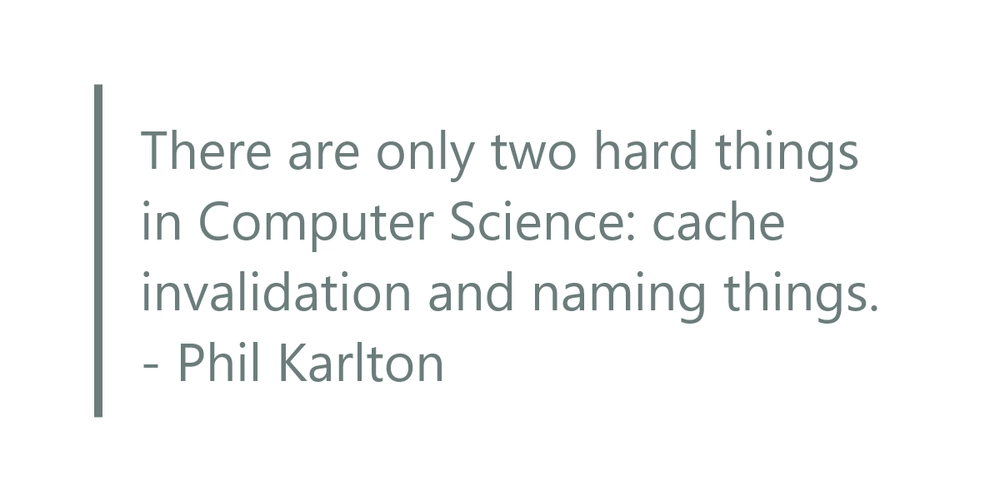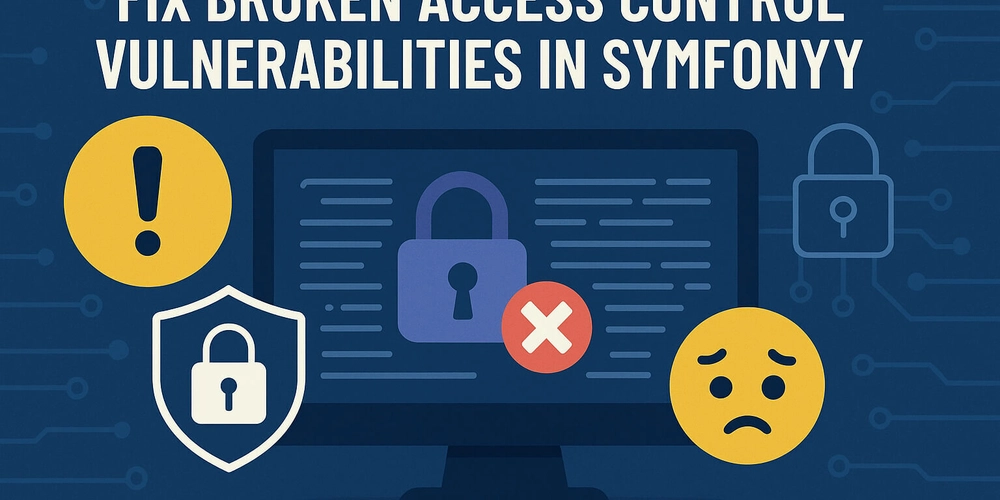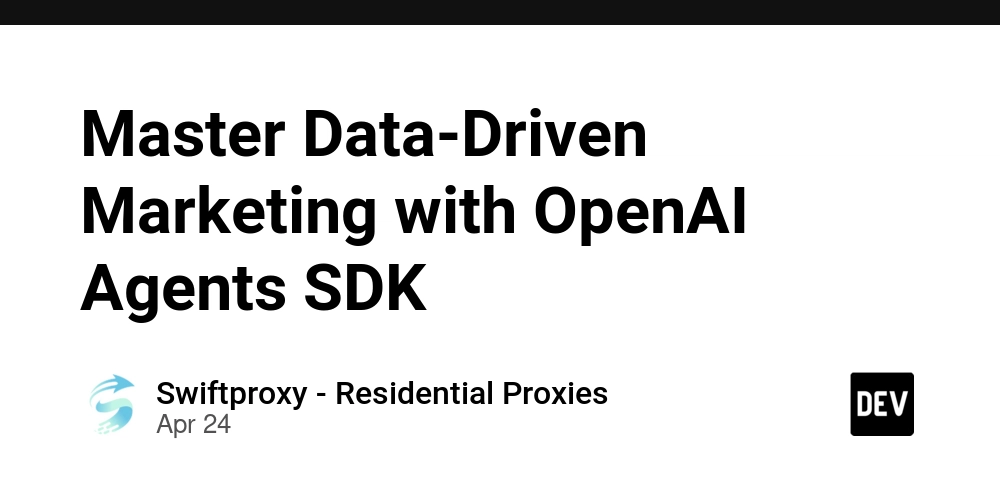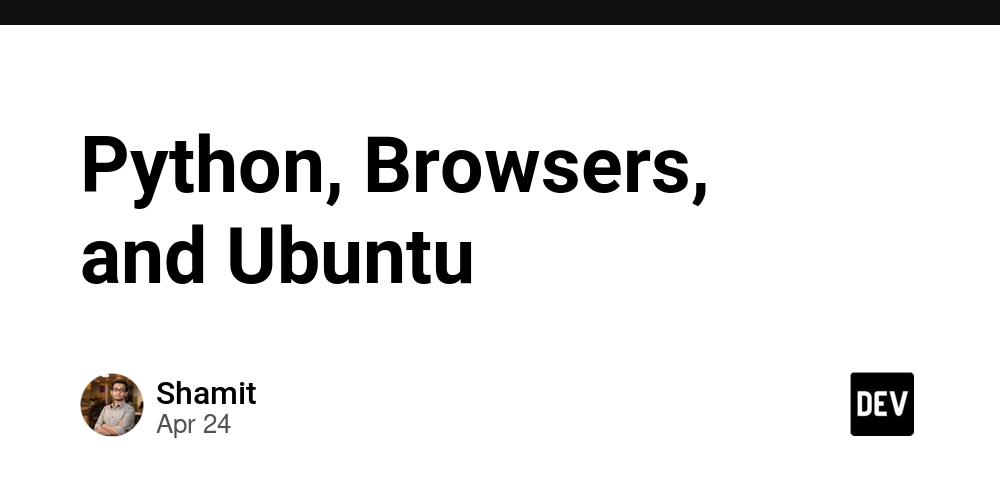
Unlock Easier Programming: How Naming, Readability, and Simplicity Boost Brainpower
Ever feel like deciphering code is harder than solving the actual problem? You're not alone. Understanding the psychology of programming is just as crucial as mastering syntax. This article explores how Cognitive Load Theory impacts your coding and provides actionable strategies for writing clearer, more maintainable code. Learn how improving naming conventions, code readability, and overall simplicity reduces mental strain, leading to better software and happier developers.
What is Cognitive Load Theory and Why Should Programmers Care?
Cognitive Load Theory (CLT) explains how our brains process information. It highlights that our working memory has limited capacity. When coding, we aim to minimize mental clutter so we can focus on problem-solving.
CLT breaks down cognitive load into three types:
- Intrinsic Load: The inherent difficulty of the coding task itself.
- Extraneous Load: Unnecessary complexity introduced by poorly written code.
- Germane Load: The effort needed to understand and build mental models of the code.
The goal is to minimize extraneous load so developers can focus on the task at hand. Let's dive into how naming, readability, and simplicity accomplish this.
The Power of Names: Reducing Brain Strain One Variable at a Time
"There are only two hard things in Computer Science: cache invalidation and naming things." – Phil Karlton
Choosing meaningful names is the unsung hero of understandable code. Your variable and function names are a crucial interface. Ambiguous names force developers to pause, guess, and increase the likelihood of errors. Poor naming is a major contributor to extraneous load!
Here's how to name like a pro:
- Be Specific:
userListis a vast improvement over the vaguelist1. - Cut the Noise: Instead of
dataManagerHelper, opt for the conciseDataProcessor. - Follow Conventions: Use consistent casing, prefixes, suffixes, and pluralization across your codebase.
Readability Rules: Making Code a Breeze to Navigate
"Programs must be written for people to read, and only incidentally for machines to execute.” – Harold Abelson, SICP
Studies show developers spend significantly more time reading code than writing it. Your code's primary audience is the human who needs to understand and modify it later. So prioritize readability for yourself and your team.
Boost readability with these tactics:
- Whitespace is your Friend: Use whitespace to visually group related code and improve scannability.
- Keep Functions Short: Aim for focused functions under 30 lines to enhance comprehension.
- Explain "Why," Not "What": Comments should clarify the reasoning behind the code, not just restate what it does.
- Meaningful Structure: Break up large files into logical modules or classes for easier navigation.
Simplicity Wins: Avoiding "Clever" Code for Long-Term Sanity
"Any fool can write code that a computer can understand. Good programmers write code that humans can understand.” – Martin Fowler
That single-line regex might seem impressive, but it can quickly become a debugging nightmare. Remember, code is read far more often than it's executed. Optimization shouldn't sacrifice clarity unless absolutely necessary. Simplicity contributes greatly to improved code maintainability.
Embrace simplicity with these strategies:
- Avoid Deep Nesting: Simplify control flow by using early returns.
- Favor Composition: Especially in object-oriented systems.
- Don't Over-Engineer: Apply design patterns when they add value, not just for the sake of it.
- Be Boring: Simple, predictable code is easier to test and maintain in the long run.
Apply These Principles: Real-World Steps to Improve Your Code
Ready to put these principles into practice? Here's how:
- Code Reviews as Teaching Tools: Discuss naming choices and refactoring decisions during code reviews to foster shared understanding.
- Read Widely: Study open-source projects or your team's older code to identify what works and what doesn't.
- Linting and Formatting: Use tools like Prettier, ESLint, or Black to enforce consistent style and reduce mental burden.
- Refactor Regularly: Small, frequent improvements are crucial for long-term maintainability. If a function becomes unwieldy, break it down.
The Bottom Line: Write Code with Empathy and Improve Program Maintainability
Writing clean, maintainable, easily understandable code is an act of empathy. When you prioritize clarity, you're making life easier for your colleagues, your future self, and ultimately, your users. Remember, the psychology of programming is all about reducing cognitive load and fostering collaboration. So, name with intention, read with empathy, and strive for simplicity in every line of code.












